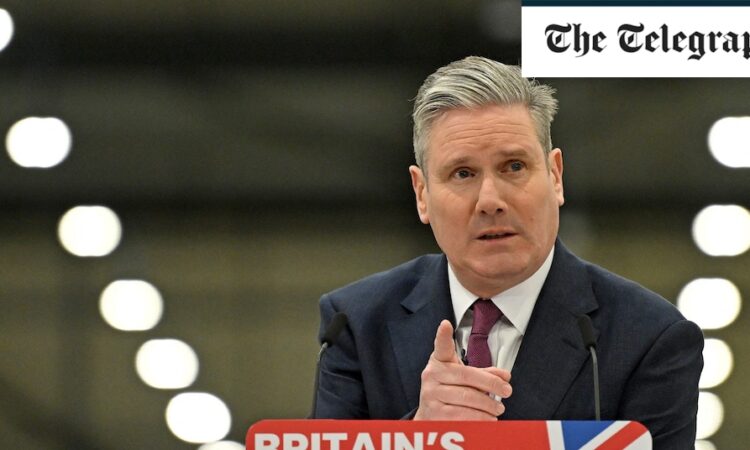
It’s one thing to limit the extent of tax relief on pension contributions, but it is quite another for the Government to gobble up the investment gain on pension pots as well, as the lifetime limit often did. After more than a decade of steady reductions in the lifetime limit, Hunt’s reform was therefore welcome.
In opposing this concession, Labour has been all over the place.
Rachel Reeves, the shadow chancellor, was initially having none of it.
“Labour will reverse the changes to tax free pension allowances”, she said. “It is the wrong priority at the wrong time for the wrong people”. Reverting to the previous position is reckoned to be worth around £800m a year to the Exchequer.
Confronted by an outburst of middle-class rage which threatened to dent Labour’s polling lead, there has since been a screeching about-turn.
We don’t have to do this to stay within our fiscal rules, Labour briefed recently, and indeed, according to some reports, it won’t.
Targeting pensions
We’ll see, but there are in fact much bigger sums of money to be won by eating into the pensions cake – for instance by further limiting the tax free lump sum that can be realised from a pension pot, by limiting the amount that can be bequeathed free of inheritance tax, or by restricting the relief to the basic rate of income tax.
In promising to introduce “stability” into the pensions saving framework, none of these things have been ruled out. A penny to a pound, the new government will find some way of restricting at least some of these tax breaks.
Don’t get me wrong. There is certainly an argument to be had over whether pensions tax relief is a fair way of incentivising savings. Those who benefit most from it tend to be relatively high earners who are likely to save anyway regardless of whether they are incentivised to do so.
All the same, Reeves would be making a grave error if she regards Britain’s pool of savings as a treasure trove there to be raided. One of Britain’s biggest structural weaknesses is that it saves far too little; to regard what we do save as merely another source of taxation is the wrong approach for any government that aspires to decent and sustainable levels of growth, as Labour keeps saying it does.






